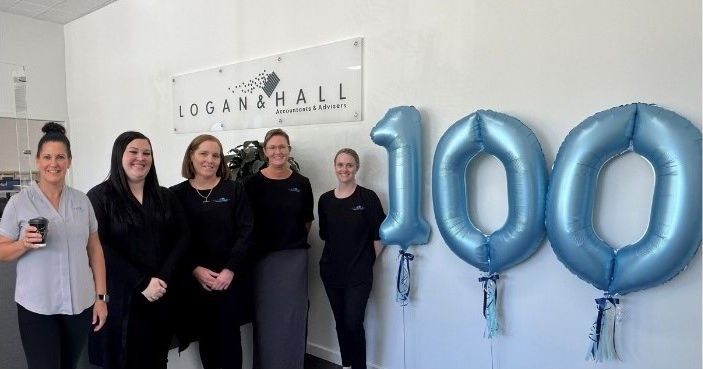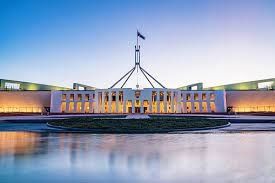How do I know I'm a tax resident of Australia?
Are you a resident of Australia for tax purposes? While the answer may seem simple to you, in the eyes of the ATO it can be a complicated matter entirely
Being an Australian resident for tax purposes is not necessarily the same as being an Australian resident for other purposes. Generally, an Australian resident for tax purposes is someone whose usual place of abode is in Australia.
How Do I Know If I Am An Australian Resident For Tax Purposes?
You can work out your tax residency status by passing a ‘resides’ test, meaning that your usual place of abode is in Australia.
Amongst the things that will be taken into account to determine whether you pass the ‘resides’ test are:
- The intention and purpose of your stay in Australia
- Your family and business/employment ties
- Where most of your assets are located
- Where you live and where you socialize
- Whether you are physically present in Australia
Taking a residency test can also help you determine whether you are:
- An Australian resident for tax purposes (which means that you have to declare all of your income from all sources worldwide)
- A foreign resident (no tax-free threshold, only declare tax on income and gains derived in Australia and may not have to pay the Medicare levy) or
- A temporary resident
You don’t need to be an Australian citizen or a permanent resident for immigration purposes to be considered a tax resident. And you can also be an Australian citizen and be considered a foreign resident for tax purposes.
The withholding requirements for foreign resident employees are similar to those that apply to Australian workers. However, a foreign resident:
- can’t claim the tax-free threshold
- is subject to special rates of withholding.
If you’re a working holidaymaker, you’ll usually be considered a foreign resident for tax purposes and taxed at a rate of 15% on the first $45,000 you earn in Australia, with the balance then taxed at ordinary rates.
If you’re a dual resident of both Australia and a foreign country with which Australia has a double tax treaty, a treaty tie-breaker test will be used to work out which country has the right to charge you tax.
If you need any further information in regards to your tax residency, please contact us.








